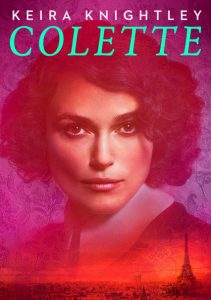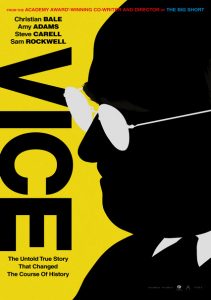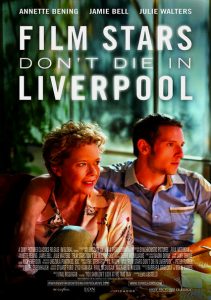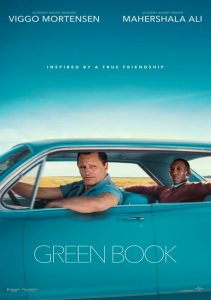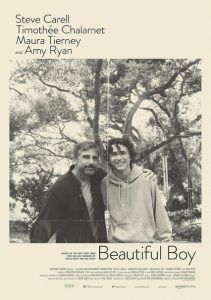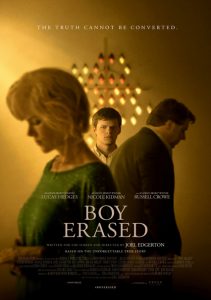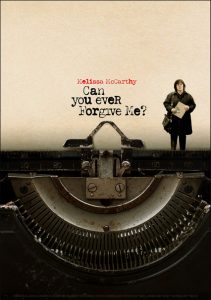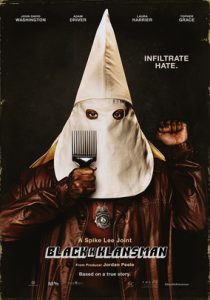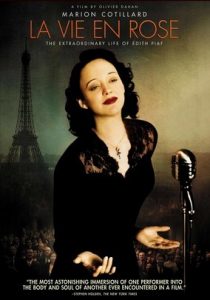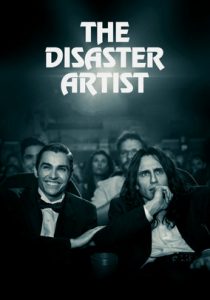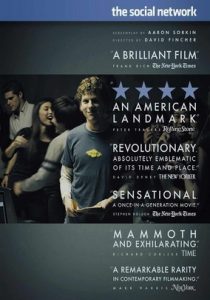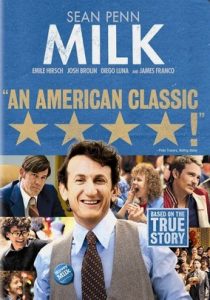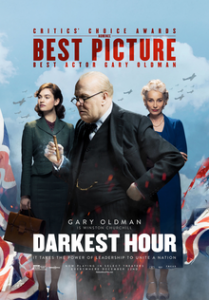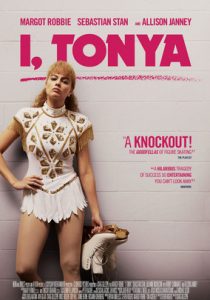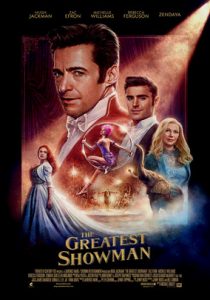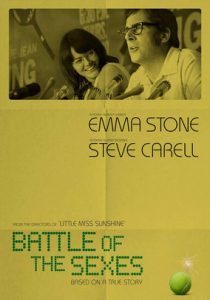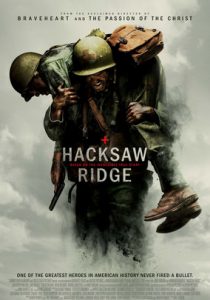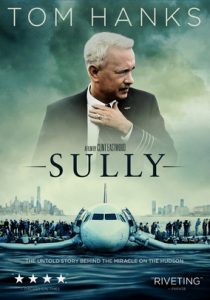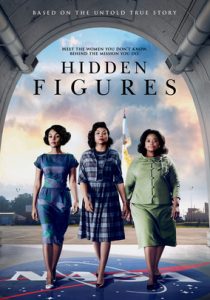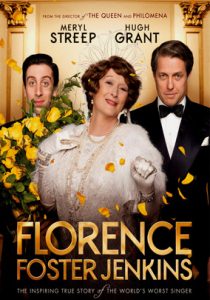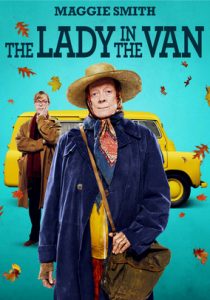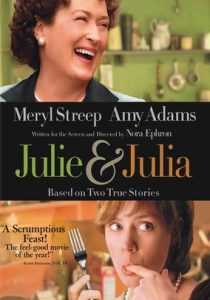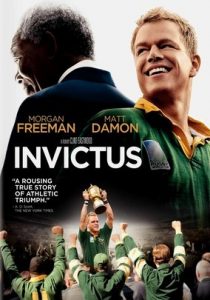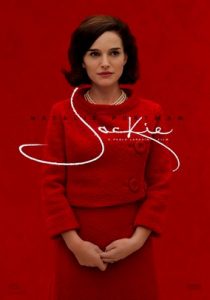Colette-2018
Director Wash Westmoreland
Starring Keira Knightley, Dominic West
Scott’s Review #888
Reviewed April 20, 2019
Grade: B+
Colette (2018) is a French period drama and biopic based on the life and times of the novelist Sidonie-Gabrielle Colette.
The film is directed by Wash Westmoreland, who also directed Still Alice (2014), so the man is successful at creating a film from a strong female point of view.
With a prominent and cultured French style and sophistication, the film pairs well with and ultimately belongs to star Keira Knightley.
The glaring British accents, rather than French, and the formulaic approach bring the experience down a notch from grandeur in a film likely to be forgotten.
Knightley plays the title character, whose upbringing in a rural area of France is pleasant but hardly sophisticated and utterly country.
When Colette meets a handsome literary genius named Willy (Dominic West), successful but employing ghostwriters to fill his creative void, the pair marry and combine forces to create popular novels based on Colette’s naughty schoolgirl experiences.
The duo embarks on frequent dalliances with feminine and masculine women (Colette is bisexual) and faces the trials and tribulations of seesawing finances and competitiveness until their ultimate divorce.
Along the way, Willy and Colette enjoy the excesses of late nineteenth-century Paris.
Besides a few quick exterior shots of the Seine River and fabulous Parisian landmarks such as Notre Dame, the filming likely did not take place in France at all, though you’d never know it.
Both cozy and flamboyant scenes of Parisian eateries and lavish nightclubs, like the Moulin Rouge, and one wealthy socialite’s love nest, are featured, giving the film an authentic French flair.
The costumes are decadent, and stage shows with Colette and her partner crackle with daring artistic merit.
Knightley, a household name but still teetering on the brink of one definitive significant role, comes close with her portrayal of Colette.
Westmoreland is wise to climax the film with photos and a summary of the real-life writer and her husband.
If only the film had received marginally good reviews and achieved great reviews, then perhaps the actress might have secured an Oscar nomination, but alas, the opportunity was missed. Nonetheless, Knightley plays the role with delicious and naughty delight, sinking her teeth into a character who wants to live and have fun.
Despite the rich French flavor, Colette is marred by a jarring flaw: the actors all have English accents rather than French. All in favor of occasional suspensions of disbelief to elicit the desired effect or manipulation, it is assumed that Westmoreland decided, since most of the actors are British, to let the detail slide in favor of comfort with the language.
Perhaps this misfire is why the sets and locations are overcompensated and decorated in such lovely French style.
The story is formulaic and silly, to be honest, while Knightley and West share great chemistry. As Willy and Colette paint the town, they also have repeated misunderstandings or outbursts of rage and jealousy (mostly on her part) before deciding to accept and enjoy each other as they are.
Unfortunate is how, through the affairs and celebratory nights, Colette accepts her role as a ghostwriter to his name recognition, only to divorce and never see Willy again, based on his sale of the treasured Claudine series.
Hopeful was I for a happily ever after result.
A crisp and polished offering of the life and times of a complex and peculiar French figure Colette (2018) has its share of ups and downs.
Unknown how true to real life the story is, the acting is compelling and reaches a high point, while the cultural flavor is zestful and spicy.
The film may not be well remembered, but it is ultimately a success due to a few above-par qualities that outweigh the negatives.
